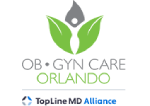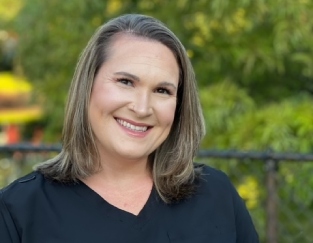Welcome to OB/GYN Care Orlando, your trusted source for exceptional obstetrics and gynecology services in Oviedo, FL. As your dedicated obstetrician and gynecologist specialists, we are committed to providing comprehensive care tailored to your unique needs. Whether you’re seeking prenatal care, minimally invasive surgeries, or hormone therapy, our team of experts is here to support you every step of the way.
With a focus on personalized care and patient satisfaction, we strive to create a warm and welcoming environment where you feel comfortable discussing your health concerns. Our board-certified ob-gyn specialists are highly trained professionals who prioritize your well-being above all else. We understand that every woman’s health journey is unique, so we take the time to listen to your needs and develop customized treatment plans that meet your individual goals. At OB/GYN Care Orlando, you can trust us to provide the highest quality care with compassion and expertise.

Your Partner in Women’s Health
At OB/GYN Care Orlando, we understand the importance of a supportive healthcare partner during every stage of your life. Our board-certified ob-gyn specialists are trained to handle various women’s health issues with expertise and compassion. From routine wellness exams to advanced gynecological procedures, we strive to offer the best OB/GYN care possible.
Comprehensive Obstetrics & Gynecology Services
As your trusted ob-gyn doctor, we offer a comprehensive range of services to address all aspects of women’s health. Whether you’re planning for pregnancy, in need of prenatal care, or seeking treatment for gynecological concerns, we have you covered. Our advanced ob-gyn techniques ensure you receive the highest quality care with minimal discomfort and downtime.
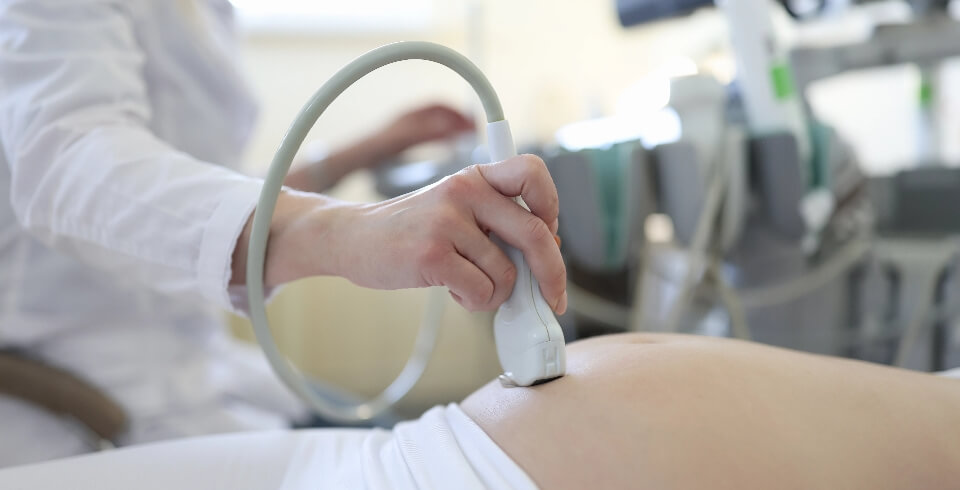
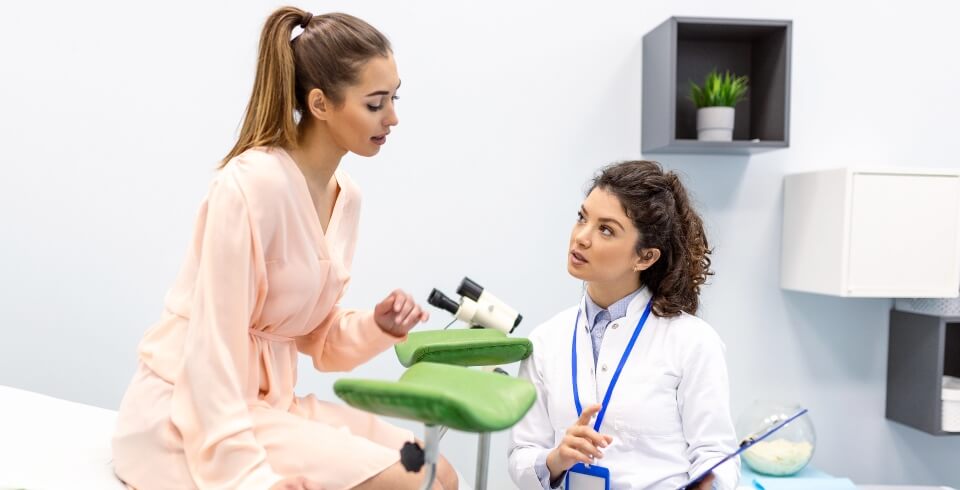
Minimally Invasive Gynecological Surgeries
At OB/GYN Care Orlando, we specialize in advanced ob-gyn procedures, prioritizing your comfort and recovery. Our experienced surgeons perform minimally invasive surgeries using the latest robotic and laparoscopic techniques, allowing for smaller incisions and faster healing times. Whether you require a hysterectomy or other pelvic organ surgery, you can trust our team to deliver superior results
Bio-Identical Hormone Treatment & Pelvic Floor Therapy
In addition to our obstetrics and gynecology services, we offer bio-identical hormone treatment and pelvic floor therapy to address various women’s health concerns. Our holistic approach to wellness focuses on restoring hormonal balance and improving pelvic health to enhance your overall quality of life. We strive to help you achieve optimal health and well-being with personalized treatment plans tailored to your specific needs.
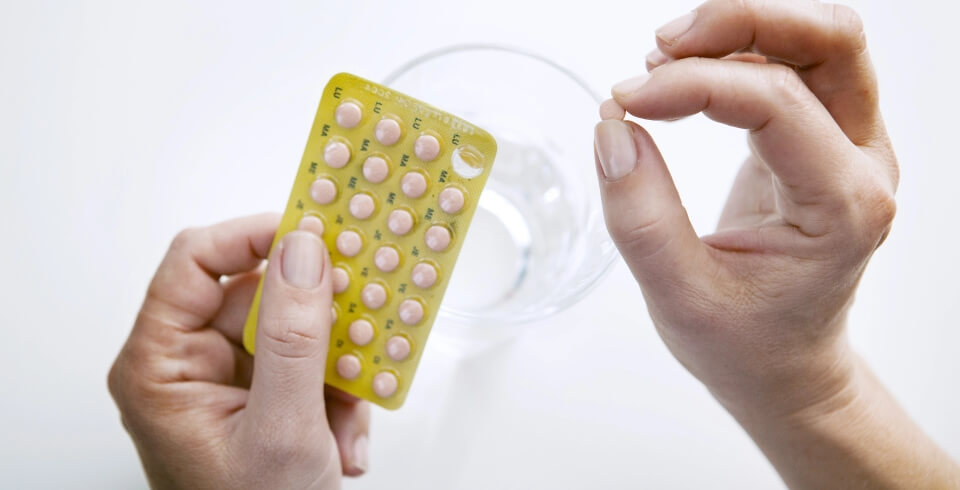

Conveniently Located in Oviedo
In the heart of Oviedo, FL, OB/GYN Care Orlando proudly serves patients throughout the surrounding communities. Whether in Orlando, Maitland, Altamonte Springs, or beyond, our state-of-the-art facility is easily accessible for all your women’s health needs. Experience the difference of attentive, personalized care at OB/GYN Care Orlando today.
Schedule Your Appointment Today
Ready to prioritize your health and wellness? Schedule an appointment with OB/GYN Care Orlando today and discover why we’re the preferred choice for obstetrics and gynecology in Oviedo, FL. Our friendly and knowledgeable staff are here to assist you every step of the way, from scheduling your appointment to answering any questions. Don’t wait – take control of your health journey with OB/GYN Care Orlando.

Services
Our Team
Patient Feedback
Everything about this Doctor and the Staff is Exceptionally Great !!! It Definitely Doesn’t feel like you’re going to a Gynecologist Appointment!!
Dr. Krishingner and his staff are very friendly! I’ve been going to Dr. Krishingner for 12 years and have followed him throughout his office locations!
I had to switch doctors due to mine retiring. This office was amazing. They don’t overbook, went right back. Staff was super friendly.
Our Office
Office Hours
Monday – 9:00 AM – 4:00 PM
Tuesday – 8:30 AM – 5:00 PM
Wednesday – 8:30 AM – 5:00 PM
Thursday – 8:30 AM – 5:00 PM
Friday: Closed


